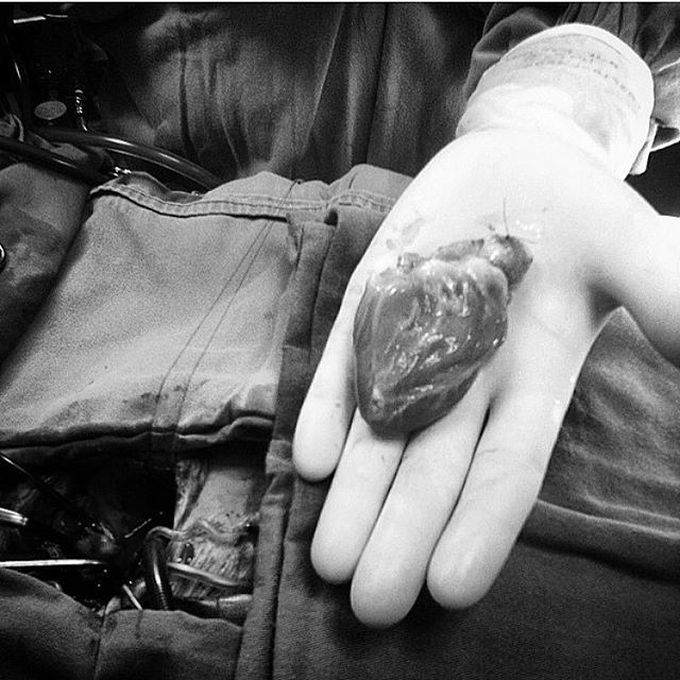


A rare look into a pediatric heart transplant procedure - the beginning of a new life
The recipient was a 14-month-old with a congenital heart problem. This treatment has lifelong impact on children. To achieve the best short and especially long-term survival with adequate quality of life, which is of crucial importance for this young patient population. Congenital malformations are still the most common indication for infant heart transplantation (most common indication is Cardiomyopathy). Infants with serious congenital heart disease generally present in the newborn period with varying degrees of cyanosis, tachypnea, tachycardia, dysrhythmias, poor perfusion, feeding intolerance, and other symptoms of heart failure. An increasing number of congenital lesions are diagnosable by means of fetal ultrasonography. The failing heart may be treated for a short period of time by medications, but in the absence of other correctable diseases without either replacing the heart (transplantation) or mechanical circulatory support, the destiny of the patient will take a fatal run. Photo by @jackdanielhoyer

